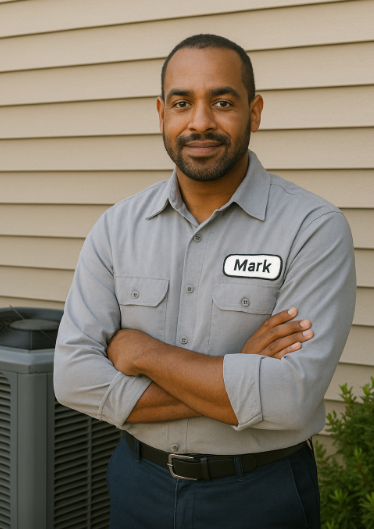Hey there, it's Mark Callahan—your go-to HVAC guy. Today, I want to shine a spotlight on a component that's often overlooked but absolutely vital to your home's comfort: the air conditioning pump.
Whether you're dealing with a central air system or a ductless mini-split, understanding how your AC pump works can save you from unexpected breakdowns and costly repairs. So, let's dive in and explore what this unsung hero does, how to maintain it, and what to do when things go awry.
What Is an Air Conditioning Pump?
At its core, an air conditioning unit pump—often referred to as a condensate pump—is responsible for removing the moisture (condensate) that your AC unit extracts from the air. Without this pump, that water would accumulate inside your system, leading to potential damage and inefficiency.
According to Today's Homeowner, these pumps are typically centrifugal in design, utilizing an impeller connected to a motor shaft. As the motor turns, centrifugal force draws liquid into the pump and expels it through the discharge port, creating the necessary pressure differential to move the water through the system.
Why Is the Pump So Important?
Think of your pump for AC as the drainage system for your air conditioner. It ensures that the moisture removed from the air doesn't linger inside the unit, which could lead to:
-
Water damage to internal components
-
Mold and mildew growth, affecting indoor air quality
-
Clogs in the condensate line, leading to system shutdowns
Regular maintenance and prompt attention to any issues can prevent these problems and keep your system running smoothly.
Common Issues with Air Conditioning Pumps
Even the best systems can experience hiccups. Here are some common problems homeowners face with their AC pumps:
1. Pump Not Turning On
If your pump isn't running, the most likely culprits are:
-
Power supply issues: Check if the unit is plugged in and the circuit breaker is on.
-
Faulty float switch: This component detects the water level and activates the pump. If it's malfunctioning, the pump won't turn on.
2. Overflowing Water
An overflowing pump can cause significant damage. This often results from:
-
Clogs in the drain line: Debris can block the flow, causing water to back up.
-
Worn-out seals or cracks: These can lead to leaks and water spillage.
3. Unusual Noises
Grinding or rattling sounds may indicate:
-
Loose or damaged parts: Bearings or impellers might need replacement.
-
Electrical issues: A failing capacitor can cause humming noises.
For a more in-depth look at troubleshooting these issues, check out this guide from Smart AC Solutions.
Maintenance Tips to Keep Your Pump Running Smoothly
Preventative care is the best way to extend the life of your air conditioning pump. Here are some tips:
-
Regular cleaning: Remove debris from the pump and drain lines to prevent clogs.
-
Inspect the float switch: Ensure it's moving freely and not obstructed.
-
Check for leaks: Tighten any loose connections and replace worn seals.
-
Schedule professional maintenance: An HVAC technician can perform a thorough inspection and tune-up.
The Family Handyman offers a comprehensive list of maintenance tips to keep your AC system in top shape.
When to Replace Your AC Pump
Even with the best care, components wear out over time. Consider replacing your air conditioning pump if:
-
It's over 10 years old
-
Repairs are becoming frequent and costly
-
It's no longer available for parts or service
Replacing a failing pump promptly can prevent more extensive damage to your system.
Choosing the Right Replacement Pump
When it's time to replace your pump, selecting the right one is crucial. Factors to consider include:
-
Compatibility: Ensure the pump matches your AC unit's specifications.
-
Capacity: Choose a pump with the appropriate power to handle your system's needs.
-
Quality: Opt for reputable brands known for reliability.
For guidance on selecting the right pump, consult this article from Power Machine Tech.
Final Thoughts
Your air conditioning pump plays a pivotal role in maintaining a comfortable and healthy indoor environment. By understanding its function, recognizing potential issues, and performing regular maintenance, you can ensure your system operates efficiently for years to come.
Remember, when in doubt, consult with a professional HVAC technician. They can provide expert advice and service to keep your system running at its best.
Stay cool and comfortable!







